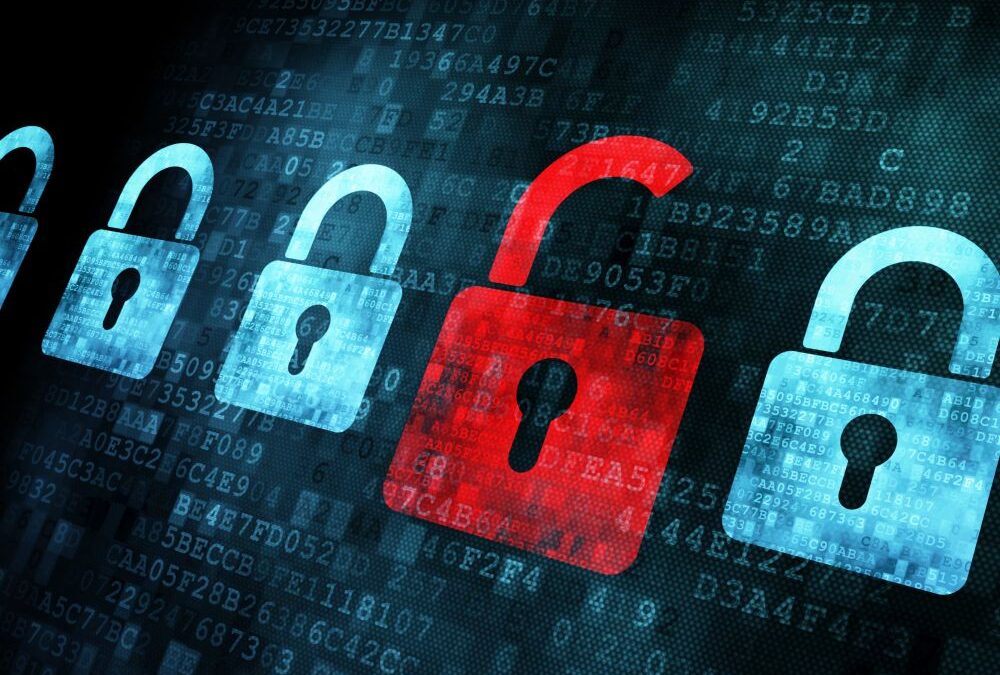According to some research, every 40 seconds, a new cyberattack starts. One way that an attack can start is through your domain name system (DNS).
That’s why it’s important to be using a private DNS. Not only will this protect your data, but it will also give you more privacy and control over your browsing.
If you’re interested in learning more about a private DNS server and why it’s important to always be using one, keep reading!
What Is a Private DNS?
A Domain Name Server (DNS) is a centralized server with an IP address and its own domain name. Each website will have its own IP address name and unique name. The DNS acts as a sort of librarian.
The DNS will perform a domain name translation, converting a URL to an IP address. That way, the networking nodes will be able to discover the location of the website even faster since the DNS cataloged it all. However, with a regular DNS, there is a lack of privacy, which can make it easy for someone to steal your identity.
This is why a private DNS is better. This is a network that is separate from a public DNS, removing any data vulnerability. It’s a private library where you can only hold a certain amount of IP addresses.
Nobody will be able to see what IP addresses are stored there because it’s private. You’ll also have an added security encryption protocol that hides in your DNS over that network.
When you have this, there’s a smaller chance that you’ll get malware, man-in-the-middle, or a ransomware attack. You’re cut off from public internet, so there’s no unnecessary networking or tracking mode.
How Do You Use It?
You can use a private DNS server depending on what type of platform you’re using. Each operating system will require different steps to configure a DNS entry.
For example, if you have a desktop operating system, there are automatic and default DNS setups. This means that the ISP will offer the servers that you need.
If you want to configure a Private DNS, you’ll first need to find your DNS addresses. You’ll then use a DNS server from a third party that will allow a private connection.
For mobile devices, it will depend on what type of phone you have. For example, an Android that is running version 10 of the software has the option to go into settings and turn on a private DNS. You’ll have to go to Settings, Network and Internet, and then Advanced.
From there, you would enter the numbers provided by the software. Once you configure the platform to use a private DNS, your network speed should still be just as fast, but you’ll also have a lot more privacy.
Benefits of Using a Private DNS
Public DNS is one of the biggest security concerns that someone or a business should worry about. Doing something as simple as making a private DNS can protect your devices and network from any virus or malicious actor that could come onto your computer.
A private DNS is also just one way to know that browsing the Internet will actually be secure. Your Internet speed could also increase a little bit.
The reason is that there is more free bandwidth with a private DNS. There’s also not as much ping, which makes it faster and more reliable.
You may also even be able to access other sides of the Internet. You can unblock different blocked websites so that you can have more control and unrestricted access over your searches.
In addition to that, a private DNS is only available on a private network. That means the DNS server will be able to resolve domains that are only in your network. This can make searching the web easier and faster, and you’ll also be able to have more control over the different domain names.
A private DNS server will also give you more control over the parent DNS server. This is one that can resolve an address that your server won’t be able to. For example, if your Internet provider calls you and says that their DNS was hacked, all you would have to do is update your private DNS to send it to the new one.
That way, you just have to do one simple thing rather than changing all of the DNS settings in each domain. This would also require you to reboot your computers and get network address information again.
If you have multiple people on one DNS, like in your family, you can also use this as a way to stop people from browsing certain sites. For example, you could block malware sites, porn sites, or more by listing them in your private DNS.
When someone tries to go to those pages, they’ll be re-routed to an internal page with a message. This can also be beneficial for businesses that want to block sites that might hurt employee productivity.
Discover More About the Benefits of Using a Private DNS
These are only a few benefits of using a private DNS, but there are many other benefits, including data compliance and antivirus protection.
If you’re interested in setting up a private DNS or securing your network or computers more, you may need the help of IT experts.
Thankfully, we’re here to help you. Check out our different security solutions to find one that will work for you.
